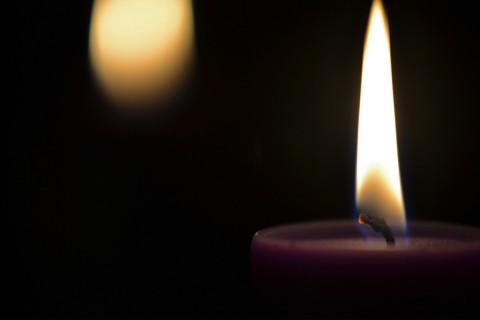Fumbling my way into contemplative prayer
I’ve been trying to follow Thomas Keating’s advice: learn to be silent with God.
First, I fidget. I cross and uncross my legs, fold and unfold my hands, bow and raise my head. I discover muscles I didn’t know I had, muscles that twitch, quiver, itch, and ache. So I waste several minutes wrestling my way into relative comfort. Comfort conducive to prayer, that is, not sleep. Because sleep will happen every single time if I let it.
Next, I set my timer for 30 minutes, close my eyes, and attempt to quiet my mind. Immediately my mind says, “No, thank you!” and takes off. I call it back; it takes off again. I call it back once more. It laughs. Often, my mind and I do this for the entire 30 minutes, while a practical, no-nonsense voice in my head scorns the whole enterprise: “Nothing remotely Jesus-y is happening,” it says. “How can this silliness count as prayer?” I say nothing in response. I wait for my timer to buzz, toss a halfhearted, “Um, OK, thanks God, see you later,” into the silence, and go about my day.
That’s what happens most of the time. But sometimes, every once in a while, for half a minute, 20 seconds, or a microsecond that stretches into an inexplicable forever, all restlessness ceases, all shallowness falls away, and deep touches deep. For a shimmering instant, I both feel and know that I am spirit, and that I live, move, and have my being in the Spirit who is God. I come home—briefly—to what’s essential. I pause, breathe, and rest in love.





